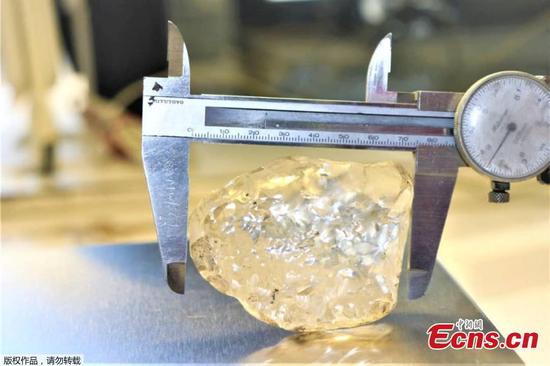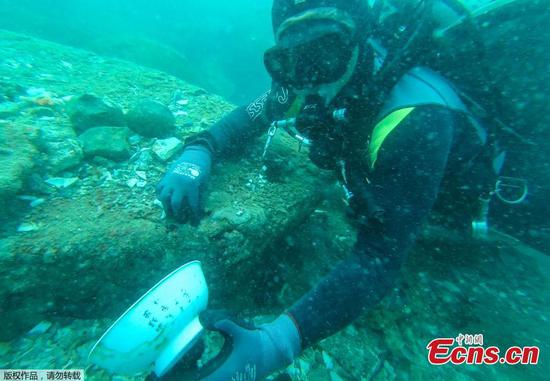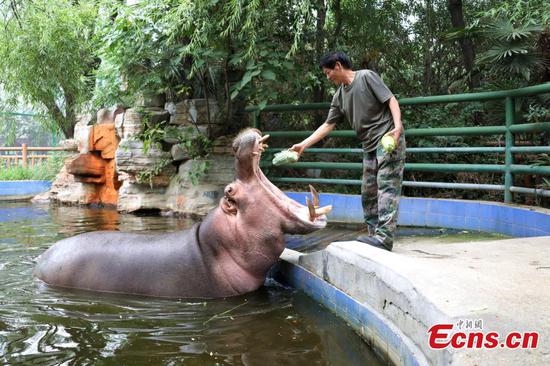In recent years, China has pushed ahead with its greening efforts across the country. Official data showed that in 2020 alone, the country improved the ecology of 2.83 million hectares of grassland and carried out desertification prevention-and-control work on over 2.09 million hectares of land.
SHARING EXPERIENCE WITH THE WORLD
While making headway in combating desertification over the past decades, China shared its techniques and experience in sand control with other countries.
In 1977, China shared the anti-desertification technique used in Shapotou at the UN Conference on Desertification in Nairobi. Dry straw checkerboards have now been used in many parts of the world as an effective way to combat desertification.
"The Chinese experience can benefit the world," said Iraqi agricultural engineer Sarmad Kamil Ali, who was in China in 2013 to learn about sand control.
"The Chinese always surprise the world with creative methods to overcome the difficulties they face. They have different methods to fix the dunes, and I found out recently that they are using more advanced technologies in fixing the sand dunes," he said.
Since 2005, the research team from Xinjiang Institute of Ecology and Geography (XIEG) of the CAS has been exporting mature desertification control technologies to Central Asia and Africa.
Demonstration bases have been built in many countries, such as those for ecological restoration of shrub grassland in Ethiopia, desert plants breeding and mechanical desertification control in Mauritania, according to Zhang Yuanming, head of the XIEG.
Noam Weisbrod, director of the Jacob Blaustein Institutes for Desert Research at the Ben-Gurion University of the Negev in Israel, was impressed by the sand control efforts during his trip to China's Inner Mongolia Autonomous Region several years ago.
The impact of climate change is very similar in different drylands around the globe, Weisbrod told Xinhua in an interview. "I'm a great believer in international cooperation. There is a lot of room for Israel-China cooperation on these topics."
DESERT BIODIVERSITY
Despite China's achievements in desert control, researchers believe that the country's anti-desertification methods still need to withstand the test of time.
"We should not be complacent with what we have found in desert control," said the SDRES director Li Xinrong. "We need to do more theoretical research in the field."
For Li, the ultimate goal of sand control is not to eliminate the deserts, but to improve the biodiversity of desert ecosystems and find a way for humans and deserts to live harmoniously.
"Deserts are an indispensable part of nature and a valuable resource," said Li. "The Earth would not be a beautiful place without them."


















































